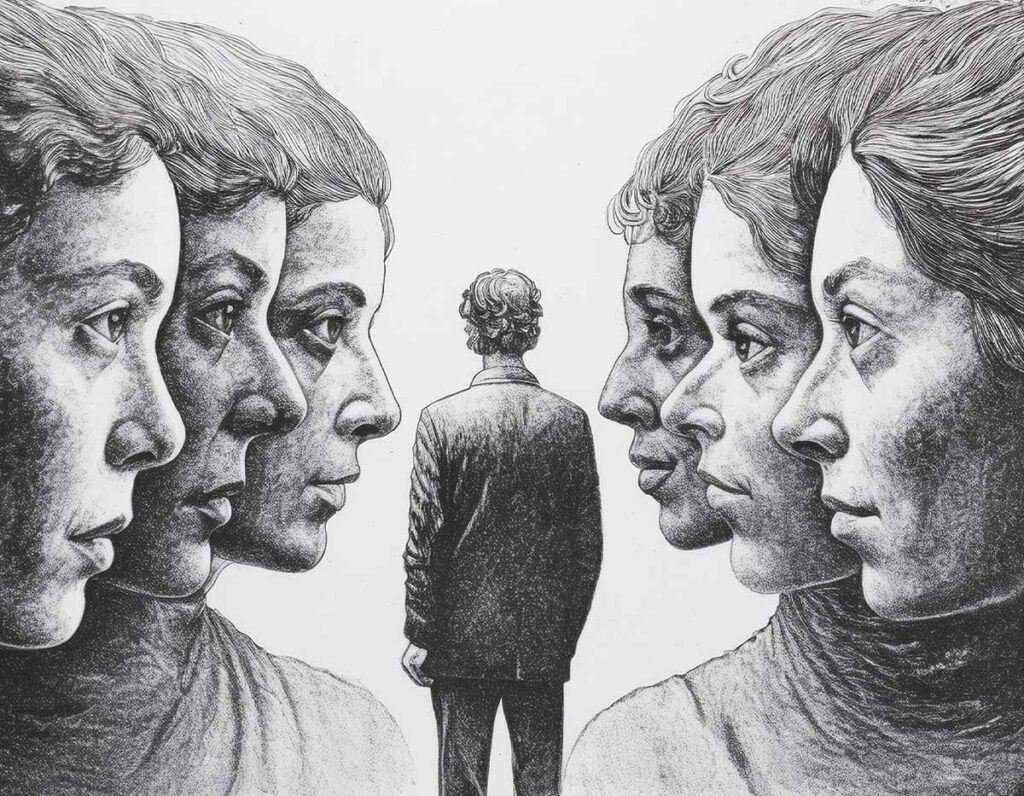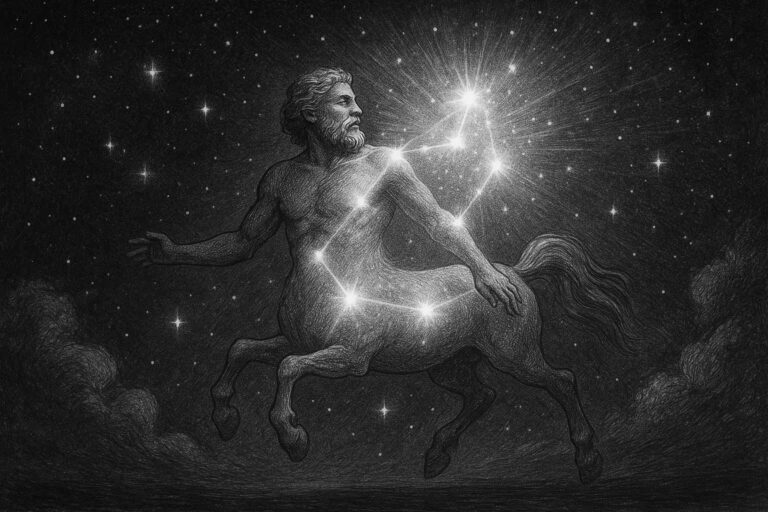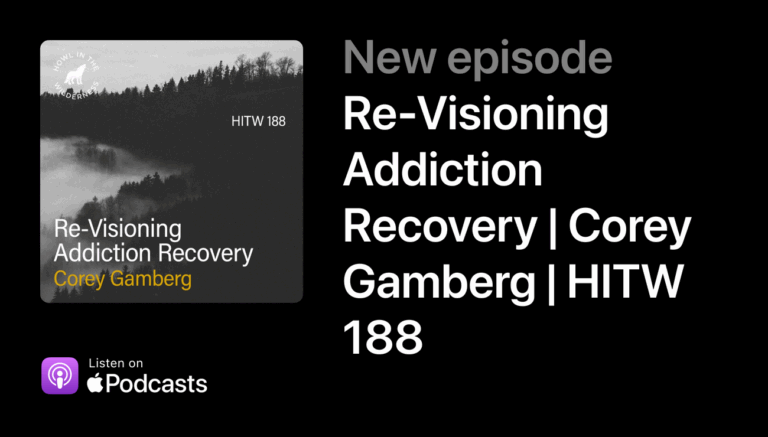There was a time when I could never have imagined being sober, let alone achieving the surmountable task that is recovery. After many failed attempts, something finally clicked – what did the trick? You might be surprised at my response – fantasy. The right fantasy moved into my imagination, and led me down the pathway of recovery.
Jung famously stated that the activity of the psyche, in fact the main activity was fantasy, imagining. What does the psyche do – it creates fantasy.
For years the fantasy that I was suggested to accept was one of never ending suffering, a daily fight, a continual process of slaying the dragon day by day to remain sober. This was highly unappealing, especially given the age I found myself wandering into collective recovery groups. The idea that the rest of my life would be a struggle because of a few decisions once before left me feeling even more hopeless. Certainly I could be saved? But, the fantasy was clear – a fantasy of recovering. But, let us leave this here for now…
Inevitably when I found sobriety and wandered into the realm of recovery, a different fantasy emerged ; a fantasy of becoming recovered. No longer would my life be a daily struggle of slaying dragons, and I would recover my hopeful state of mind, from its hopeless residence. Restored to a sense of sanity, my life would begin to “make sense” as would everything in it; the fantasy gives meaning to everything and the ways in which things fall. For all events there is a story, a meaning, a telos…
The fantasy of becoming recovered is one that carries a highly Christian background. Similar to the notion that one who is lost can then be found; one can be “saved”. Sitting with this we can see deeply the religious notion that soul is given, it is not made on the contrary, through life and its happenings. Becoming recovered is a Christian fantasy that has found its way into the psyche’s of those who call themselves non believers, agnostics, atheists, or today “spiritual but not religious”. Collective recovery groups are rooted in Christian dogma’s and beliefs.
The fantasy then is also monotheistic in its ways, there is one goal, one achievement in mind, and anything that follows a separate route is demonized, looked down upon. What does this do to people attempting to find footing in this fantasy? My experience shows that one becomes more concerned with the following of a blueprint, then the experience of recovery itself. Actions, thoughts, feelings, all find themselves in a courtroom of judgement from those deemed “recovered” before one. Not in a sense to make one feel “bad” – but masked in a way to show one they are “sick”. One begins to believe if they are not recovered, they are not to be saved; if they are not following a “daily reprieve” they are not going to be okay. There are no shades of grey for many of those who walk this path, myself included.
Within this fantasy, I watched myself become a tyrant. Might another exist?
Let us return to the initial fantasy I was shown; recovering. James Hillman’s psychology finds its footing in John Keats famous words, “Call the world if you please, the vale of soul-making, then you will find out the use of the world.”
With this notion, Hillman and Keats free us from the religious notion that a soul is given to one, and assure us through a process in life, soul is made. Through my experience moving into and out of collective recovery, I have returned to the fantasy of recovering, which for me, rings true to the notion of soul-making.
Originally the fantasy of recovering was seen as a failure. If people referred to themselves as such the feeling was they couldn’t hack it, they couldn’t do what needed to be done to become recovered. What a demeaning thought. What about me, made me any better then them? Nothing of course, other then the fantasy each of us subscribed to…
Recovering, as related to soul-making allows for failure. It allows for troubles, embarrassments, shameful acts, deceit, opportunistic moments, Puer consciousness, break ups and make ups, and all the happenings of a conscious life. It honors the experience of the underworld, it is not afraid of it.
It does not separate into opposition what is good or bad, right or wrong; it honors what is, what is present and what is happening. Similar to what I stated above, the fantasy provides a story, meaning, a telos. Within the fantasy of recovering each event, or happening is a means of making soul, is a means of becoming authentically you.
This is contrasted against the fantasy of becoming recovered, which takes each event or happening as a means of self-reflection, as a means of maintaining an image, perhaps one of Christ? Becoming recovered locks you into a persona, an identity ; recovering allows fluidity and movement as one moves through the multiplicity of their own souls-making.
Might I simply be making a case for my own personal experience of recovery, that I am sure.
Yet, after living in this realm for 15 years, I can’t help but feel I have seen this battle of fantasies play out again and again. I have watched it cause hurt, cause harm, even in cases probably death. What does it do for us to learn that behind it all is fantasy, that is a loaded question indeed…
But one thing it might do right away is help people to stop taking themselves so seriously, and remember that no matter which fantasy one is subscribed to, one is only human…
To bring depth into recovery requires attention, and appreciation of the multitudes of fantasies that exist. Depth Recovery seeks to help those uncover the fantasy they have fit their recovery into, and find the fantasy that fits their recovery.




